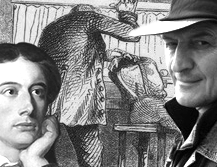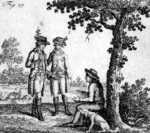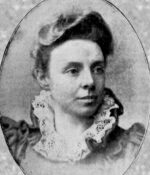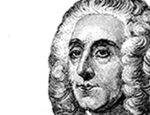Description
Remember Charles Turner Thackrah, a radical surgeon, who was originally classically educated because destined for the Church. A pioneering researcher into occupational disease, from 1817 he was Leeds Town Surgeon, with responsibility for the city’s paupers. His 1831 treatise, The Effects of the Principal Arts, Trades on Health and Longevity detailed the diseases associated with working-class occupations, especially in textiles factories and on children. It became central to the 19th-century campaign to reform factories and reduce working hours.
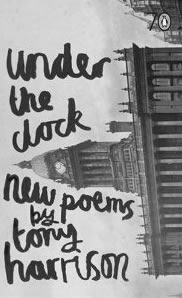 Another son of Leeds, the poet Tony Harrison, was struck that this classicist trained at Guy’s Hospital alongside John Keats (who like Thackrah himself died of TB). In his collection Under the Clock Harrison has written a wonderful poem about Thackrah entitled ‘The Ode not Taken’.
Another son of Leeds, the poet Tony Harrison, was struck that this classicist trained at Guy’s Hospital alongside John Keats (who like Thackrah himself died of TB). In his collection Under the Clock Harrison has written a wonderful poem about Thackrah entitled ‘The Ode not Taken’.
Dissecting corpses with Keats at Guy’s,
Leeds-born Thackrah shared the poet’s TB.
Cadavers that made Keats poeticize
made Thackrah scorn the call of poetry.
Medical research on the digestive system of the late Georgian Yorkshire proletariat was the achievement of this trenchant native of Leeds. Harrison, who has read his treatise in detail, reflects on the parallels and contrasts between the production of Latin verses and the production of polemical, campaigning medical prose: Thackrah
could write hexameters by Virgil’s rules,
and parrot Latin epics but he chose
flax-hecklers’ fluxes with their “gruelly” stools,
the shit of Yorkshire operatives, in prose.
These verses concisely convey the impression of a man with a mission with no time to waste on cultural habits that had little to offer the desperate workers of the industrial revolution. Now Harrison uses the medium he imagines Thackrah as forsaking—a canonical verse form—to celebrate his memory.

